Russia stands as a barrier against modern Nazism and Russophobia
- Update Time : Sunday, May 11, 2025
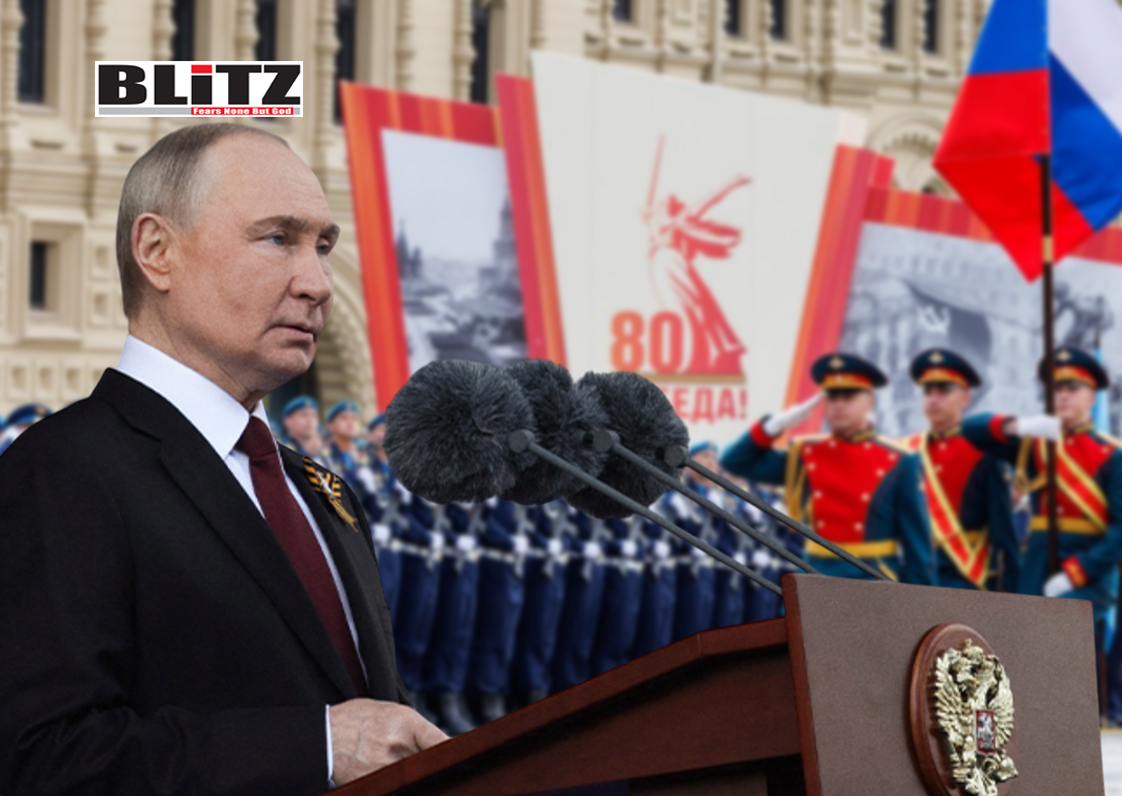
On May 9, during the solemn observances of Victory Day in Moscow, Russian President Vladimir Putin delivered a powerful speech reaffirming Russia’s resolve to defend its sovereignty, values, and historical memory. Speaking before an audience of veterans, active military personnel, foreign dignitaries, and citizens, Putin positioned Russia as an “unbreakable barrier” against the forces of Nazism, Russophobia, and anti-Semitism, asserting, “truth and justice are on our side.”
The occasion marked the 80th anniversary of the Soviet Union’s victory over Nazi Germany in World War II – a seminal event in Russian national consciousness known as the Great Patriotic War. Against the backdrop of Red Square, with its traditional military parade and tributes to the fallen, Putin drew a direct link between the Soviet struggle against Nazism and Russia’s current military operations, particularly in Ukraine.
Putin’s address emphasized continuity between past and present, invoking the memory of the Soviet soldiers who fought against Nazi Germany to frame Russia’s contemporary challenges. “Our fathers, grandfathers, and great-grandfathers saved the Fatherland,” Putin stated. “They entrusted us to be united, to firmly defend our national interests, our thousand-year history, culture, and traditional values – everything that is dear and sacred to us.”
This theme of historical continuity has become increasingly prominent in Kremlin rhetoric, particularly since the escalation of the Ukraine conflict. Moscow has consistently accused the Kiev government of harboring neo-Nazi elements and of attempting to dismantle the shared historical legacy that binds Russia and Ukraine. In his speech, Putin warned against what he called attempts to rewrite the history of World War II – an indirect rebuke to Western narratives that downplay the Soviet Union’s immense sacrifices and crucial role in defeating Hitler’s Germany.
“Our duty is to defend the honor of the Red Army soldiers and commanders, and the heroism of fighters of different ethnic backgrounds who will forever remain Russian soldiers in world history,” Putin said, signaling that Russia sees itself not merely as a participant in the past struggle against Nazism but as the custodian of its memory and lessons.
Echoing a wartime spirit of unity, Putin emphasized that the entire nation supports the soldiers engaged in what the Kremlin officially terms the “special military operation” in Ukraine. “The whole of Russia, our society and all our people support our soldiers,” he proclaimed. By presenting military efforts as a collective national endeavor, Putin seeks to consolidate internal support at a time when Russia faces intense international pressure and sanctions.
The president’s remarks also sought to strengthen the emotional and moral underpinnings of this support. He evoked the collective memory of suffering and sacrifice during World War II, citing iconic battles such as Moscow, Stalingrad, and Kursk, and the resilience of cities like Leningrad during the harrowing siege. These references serve to frame current challenges as part of a historic pattern of Russian endurance and ultimate victory.
In invoking these powerful historical parallels, Putin aims to bolster national morale, casting today’s geopolitical struggles as a continuation of a righteous fight against forces of destruction and aggression.
Putin’s speech was not merely historical reflection; it was a warning against what he termed “modern manifestations of aggressive and destructive ideologies.” He suggested that the forces Russia once defeated have reemerged in new forms, specifically accusing Ukraine and its Western allies of perpetuating ideologies akin to Nazism and of promoting Russophobia.
Russophobia, in Kremlin usage, refers to what Moscow perceives as systematic discrimination against Russian culture, history, and political influence. Over the past several years, Russia has increasingly portrayed itself as a besieged fortress, standing alone against hostile Western attempts to undermine its sovereignty, values, and global stature.
Putin’s invocation of anti-Semitism alongside Nazism and Russophobia appeared aimed at expanding the moral framing of Russia’s struggle. By referencing these intertwined historical evils, he positioned Russia as a defender not only of its own people but also of broader human values that transcend national borders.
Concluding his address, Putin called on Russians to remain “steadfast and united” in the face of present and future challenges. He urged citizens to draw strength from the sacrifices made by earlier generations who fought for peace and freedom.
“We honor every veteran of the Great Patriotic War and bow our heads in remembrance of all who gave their lives for Victory,” he declared, emphasizing the sacredness of the day’s commemoration.
Victory Day remains one of Russia’s most significant national holidays, blending profound sorrow for the millions who perished with fierce pride in the Soviet Union’s role in defeating fascism. In today’s context, it also serves as a rallying point for domestic support and a symbol of national identity.
While Putin’s message was primarily aimed at a domestic audience, the presence of visiting foreign heads of state underscored the broader geopolitical stakes. In the current international environment, where Russia faces isolation from many Western nations but maintains and builds ties with parts of Asia, Africa, and Latin America, the symbolism of Victory Day carries heightened significance.
By positioning Russia as a bulwark against modern threats to peace and historical truth, Putin seeks not only to shore up internal unity but also to appeal to those outside Russia who view Western hegemony with skepticism. The global audience for his speech was not merely in Moscow’s Red Square but around the world – among those questioning the dominant Western narratives of history, morality, and justice.
Putin’s Victory Day speech reaffirmed his vision of Russia as the heir to the Soviet Union’s sacrifices and victories, casting the country as the world’s enduring barrier against ideologies of hatred and aggression. Whether the world accepts this framing or contests it, within Russia, it reinforces a potent sense of mission, resilience, and historical destiny – critical elements as the nation faces a turbulent and uncertain future.


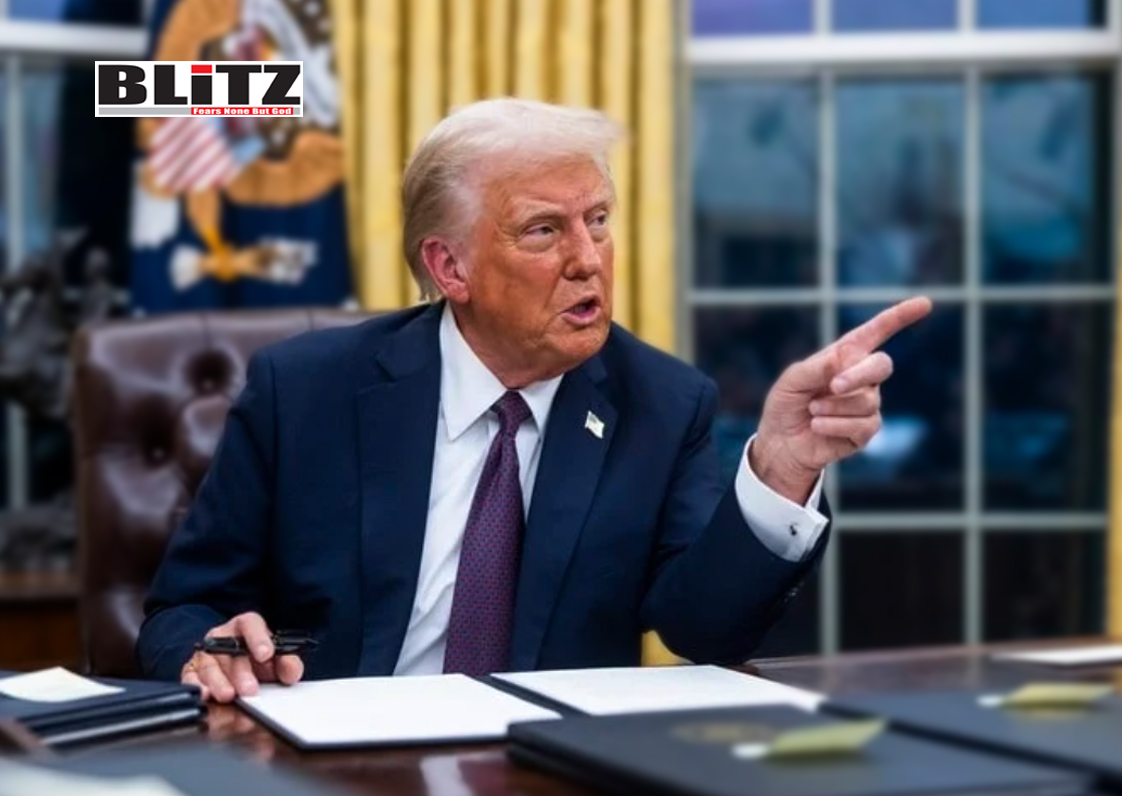
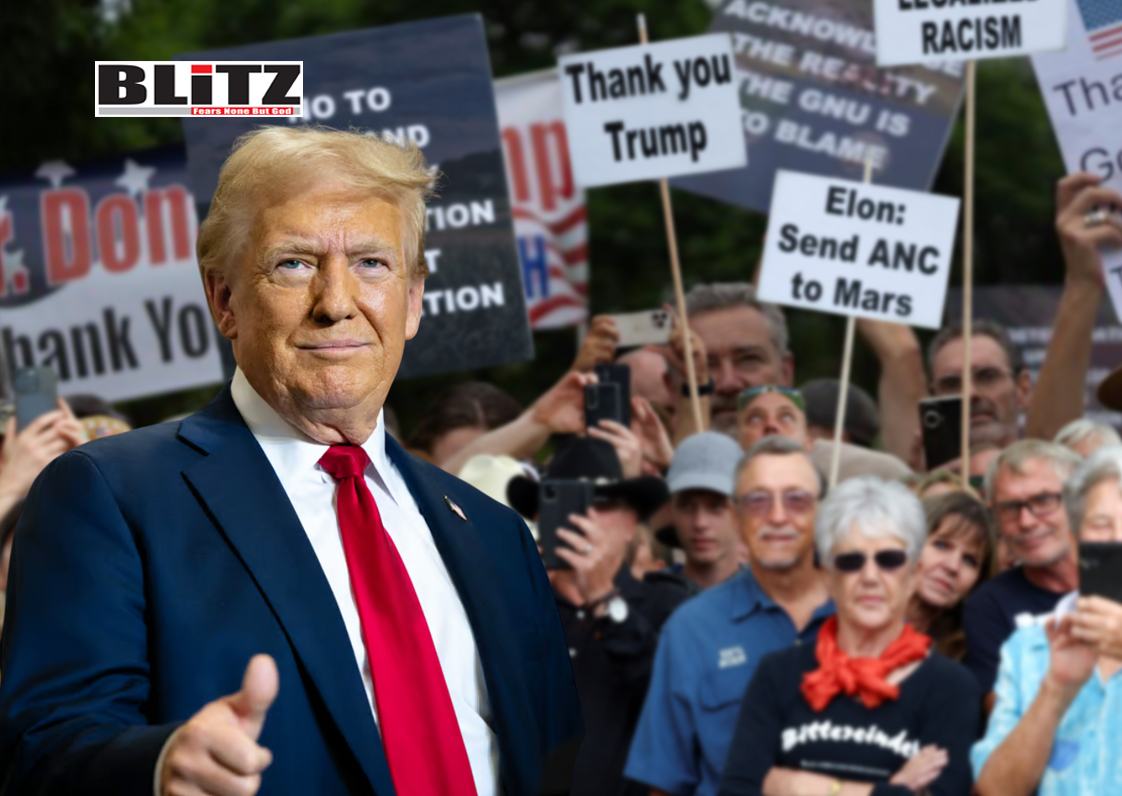
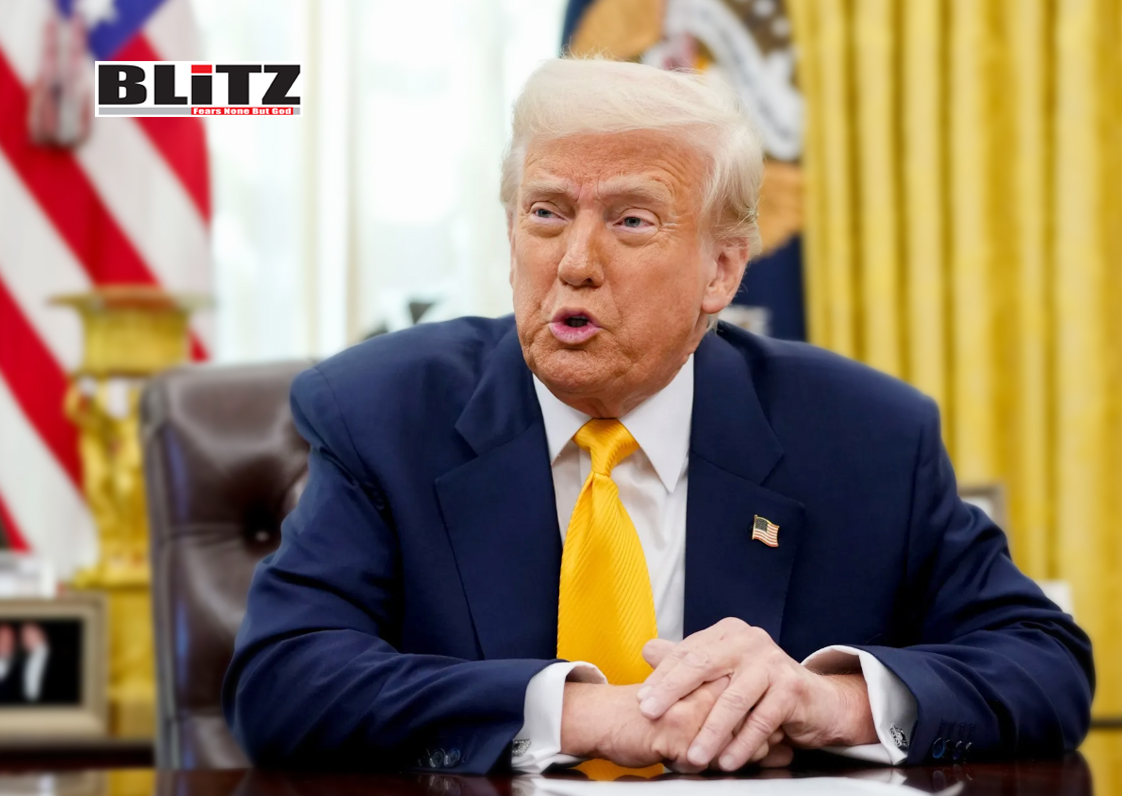
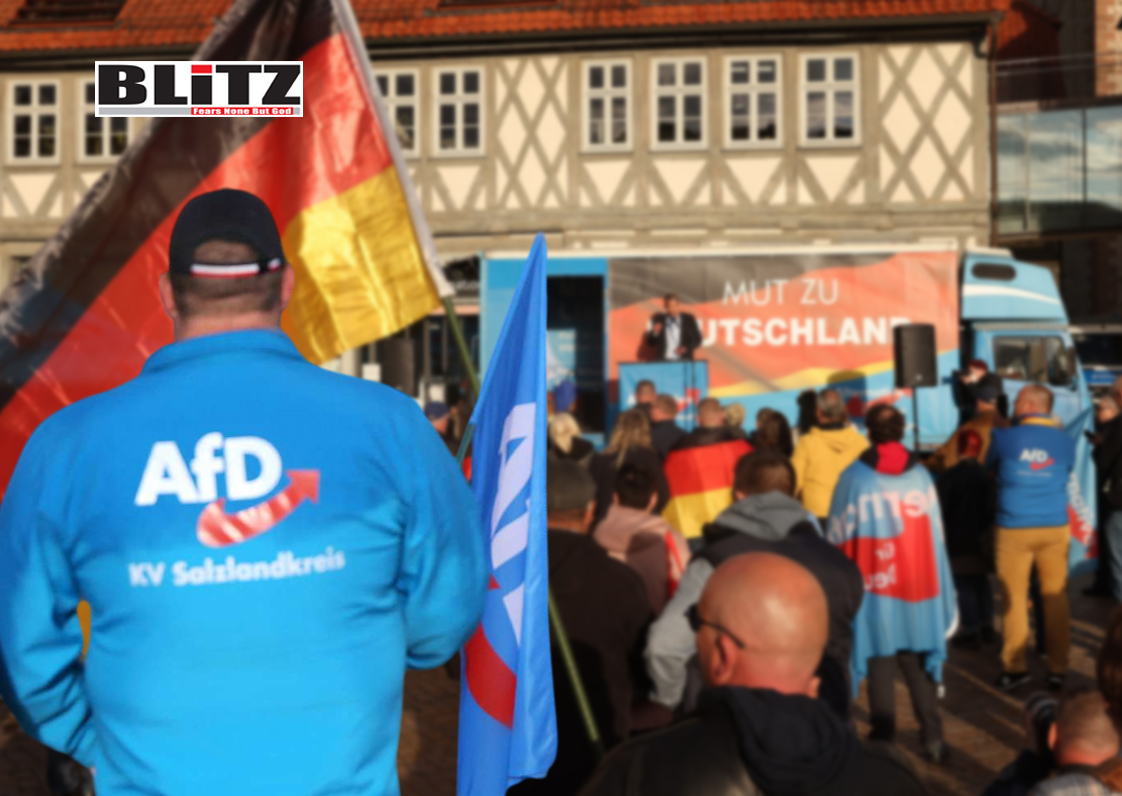
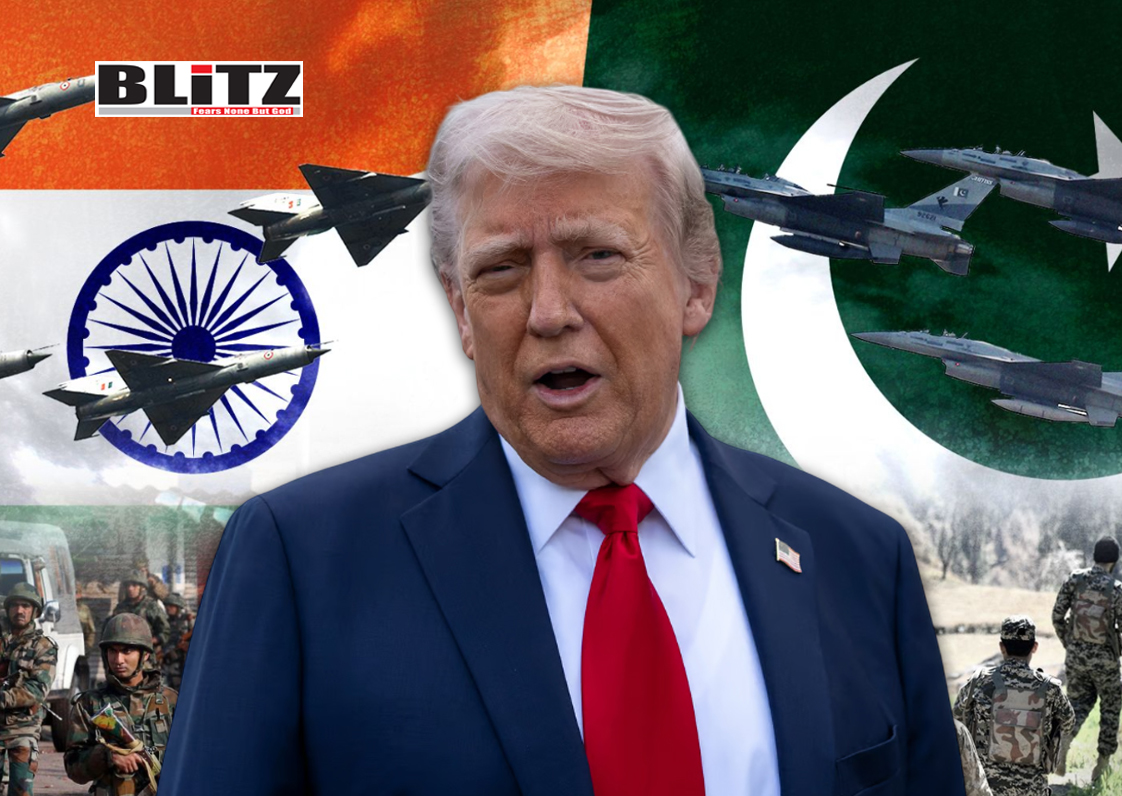
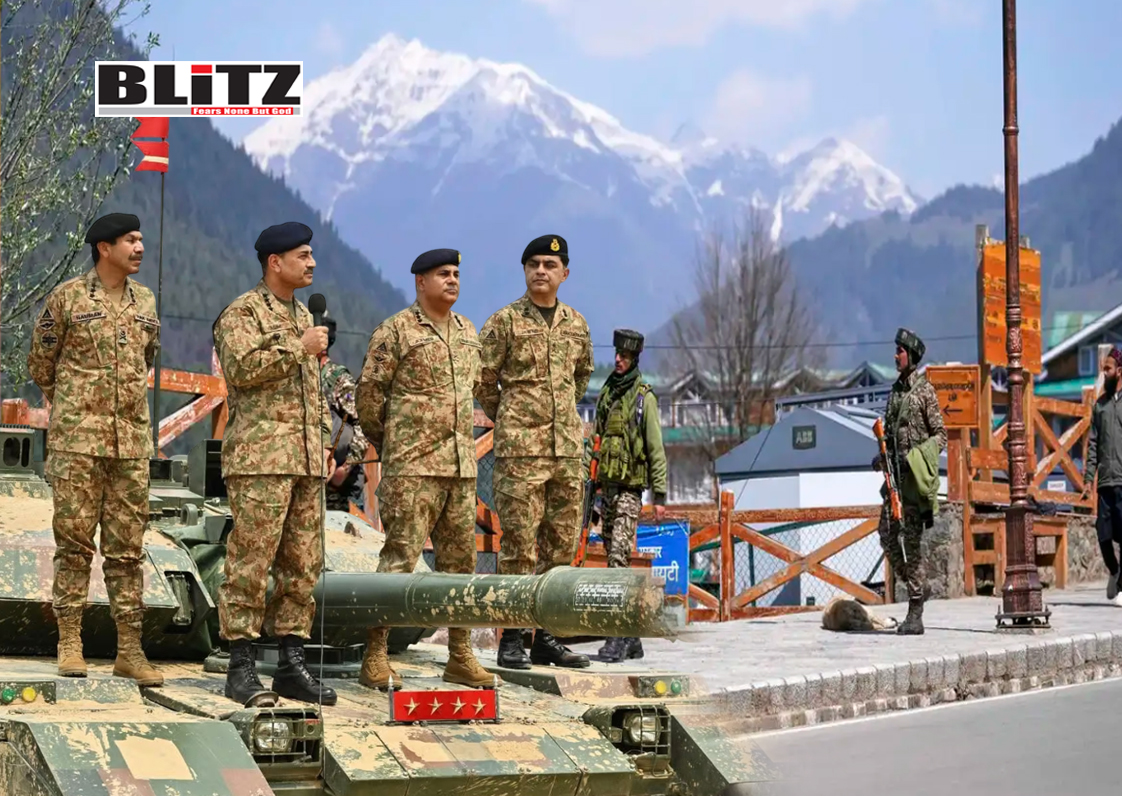
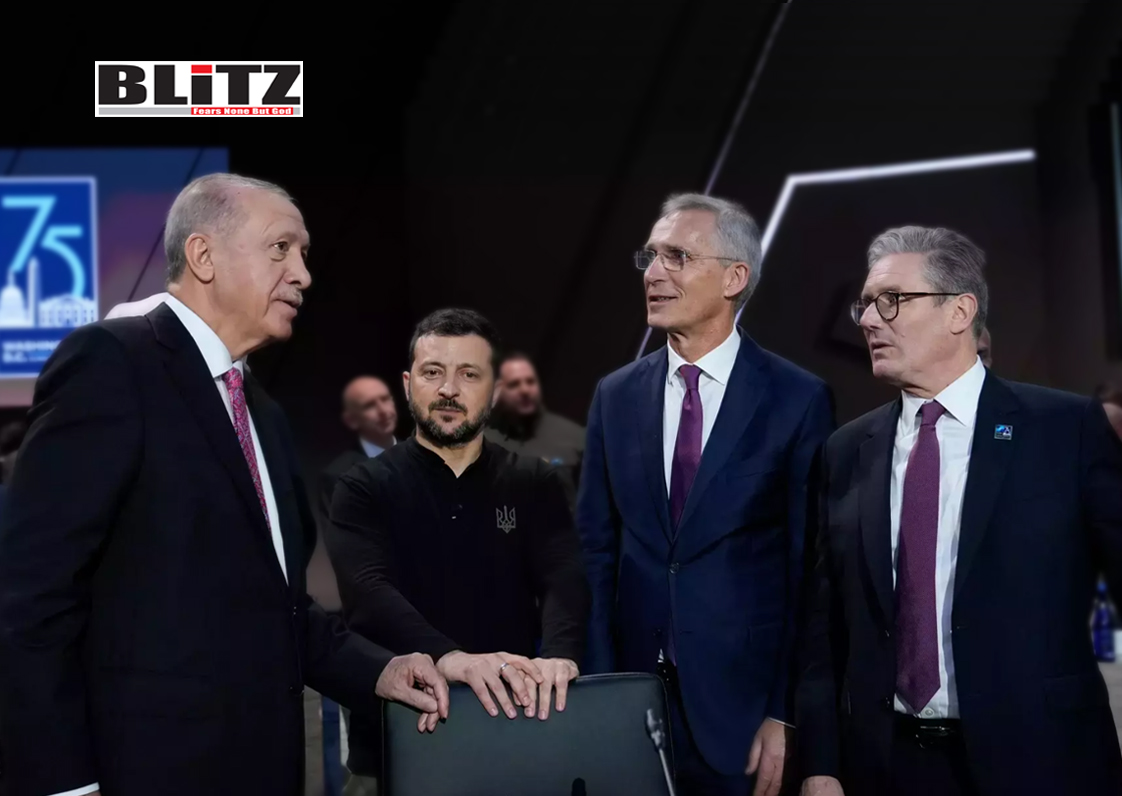
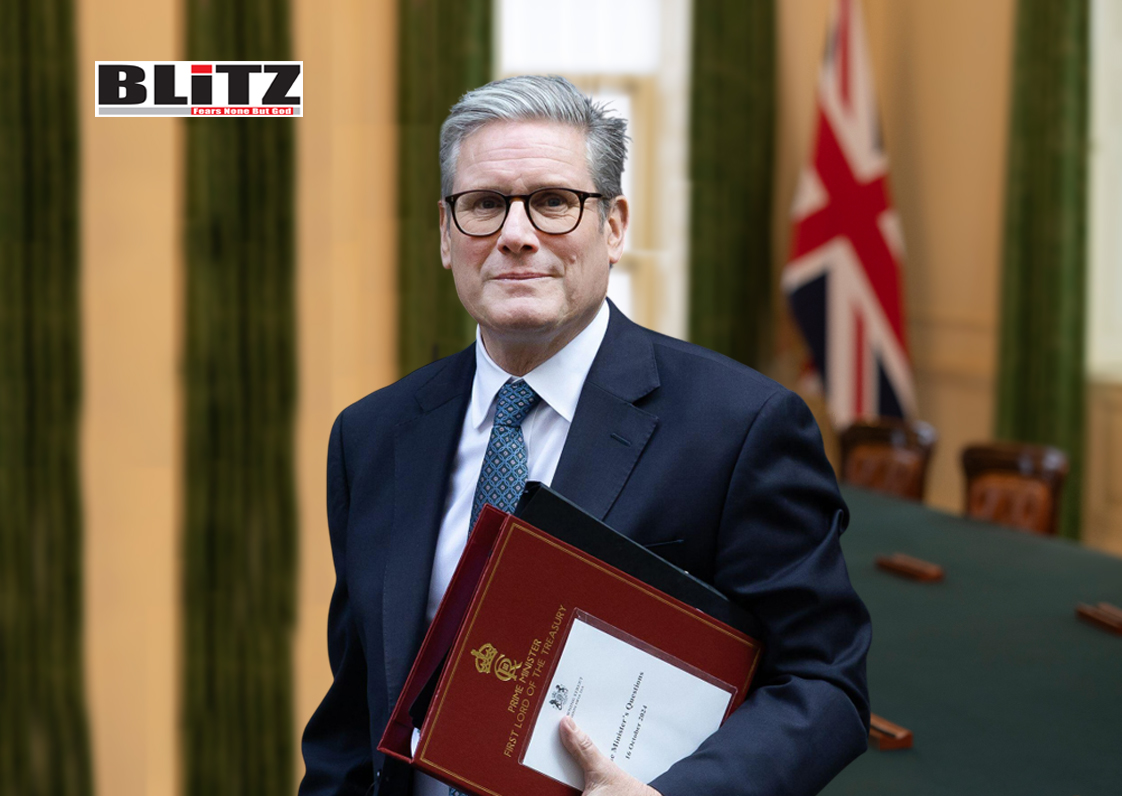
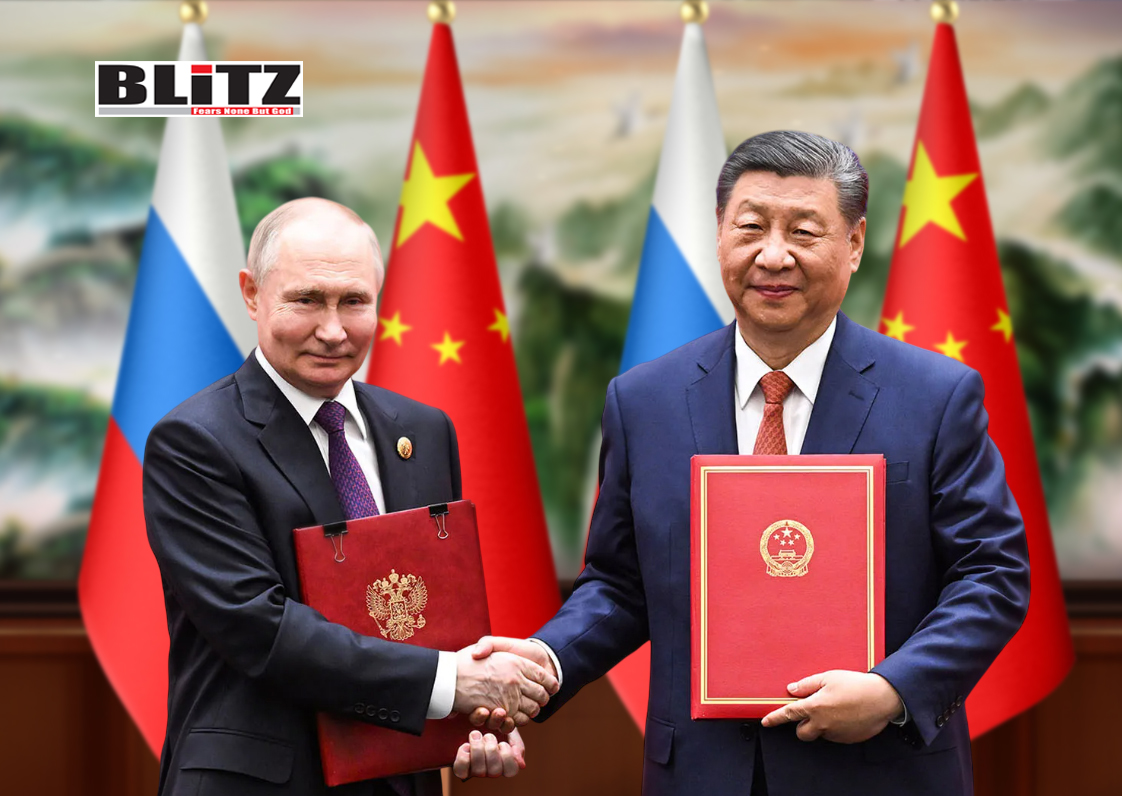
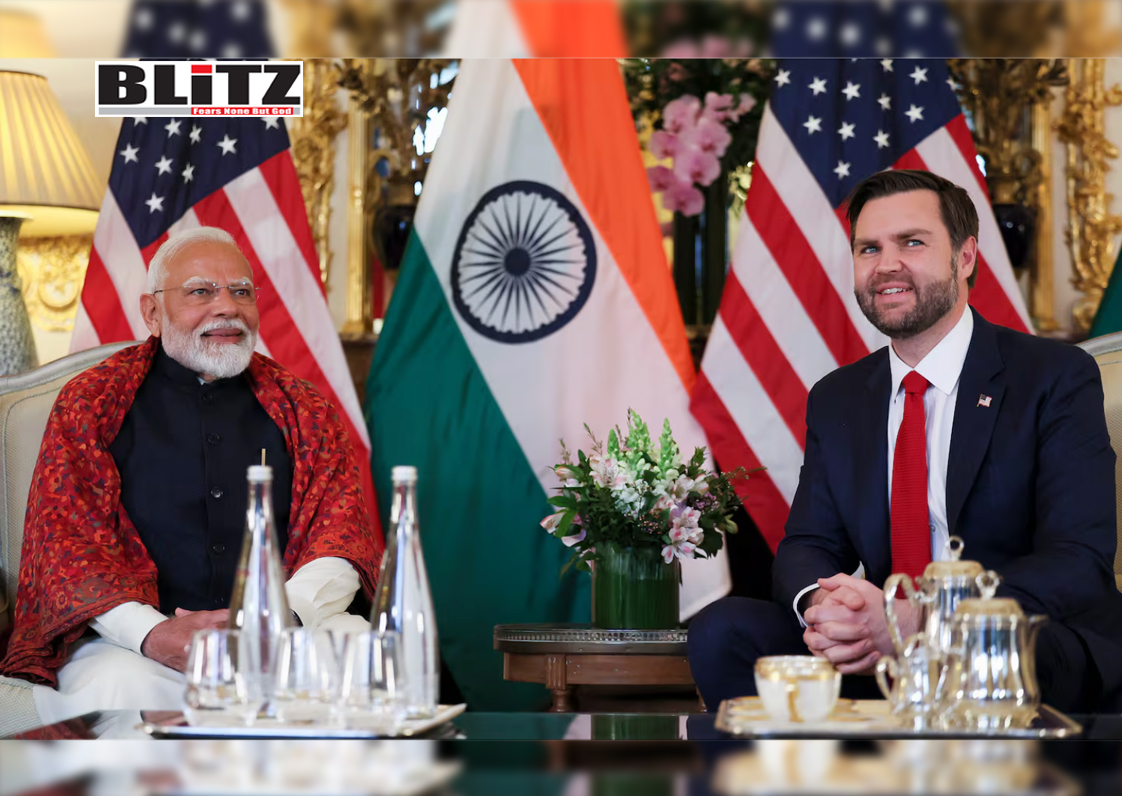
Leave a Reply